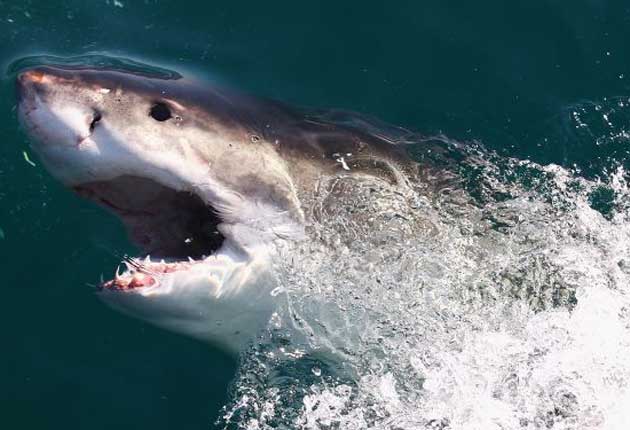
Your support helps us to tell the story
From reproductive rights to climate change to Big Tech, The Independent is on the ground when the story is developing. Whether it's investigating the financials of Elon Musk's pro-Trump PAC or producing our latest documentary, 'The A Word', which shines a light on the American women fighting for reproductive rights, we know how important it is to parse out the facts from the messaging.
At such a critical moment in US history, we need reporters on the ground. Your donation allows us to keep sending journalists to speak to both sides of the story.
The Independent is trusted by Americans across the entire political spectrum. And unlike many other quality news outlets, we choose not to lock Americans out of our reporting and analysis with paywalls. We believe quality journalism should be available to everyone, paid for by those who can afford it.
Your support makes all the difference.The dramatic decline of the world's top predators, from wolves and lions to sharks and tuna fish, represents one of the most destructive human influences on the natural world, a group of leading biologists has found.
Top predators are the "apex consumers" of the world's ecosystems and their decline in numbers has powerful repercussions on animals and plants lower down the food chain, says in a study published in the journal Science. The decline, from such activities as hunting and habitat loss, has had diverse effects, from changes in vegetation and wildfire frequency to water quality and nutrient cycles, the scientists said.
"Apex consumers... have powerful effects on the ways ecosystems work, and the loss of these large animals has widespread implications," said Professor James Estes of the University of California, Santa Cruz.
The loss of wolves from Yellowstone National Park, for instance, led to serious woodland overgrazing by elk.
Join our commenting forum
Join thought-provoking conversations, follow other Independent readers and see their replies
Comments